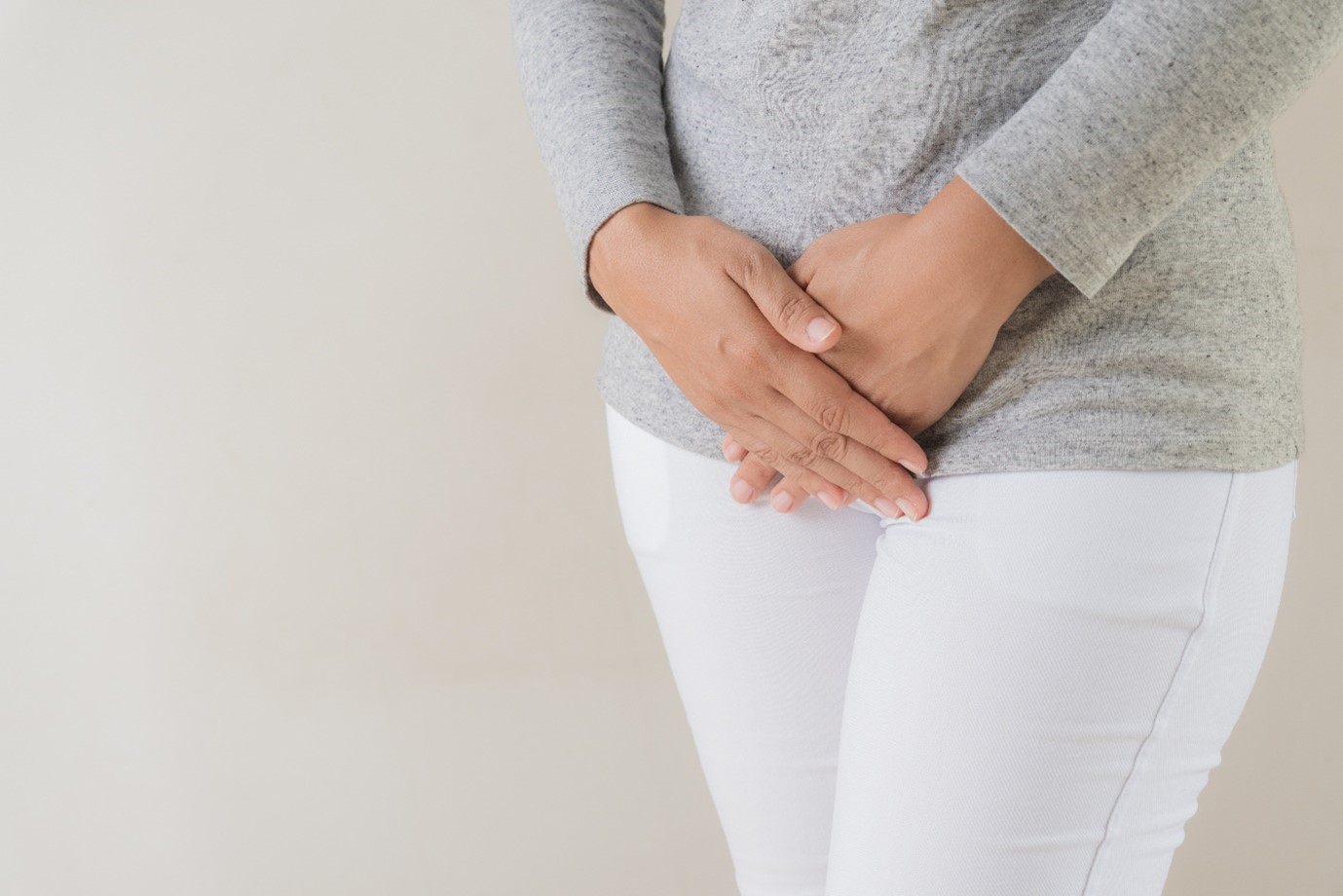Urinary incontinence is when urine leaks unintentionally, which can range from minor dribbles to complete loss of bladder control. It affects people of all ages but is more common as we get older. This condition has different types and causes.
What is Urinary Incontinence?
Urinary incontinence means you can't control when urine comes out. It happens due to various reasons and can impact daily life and emotions.
Types of Urinary Incontinence
- Stress Incontinence: Happens when activities like coughing or exercising put pressure on a weak bladder or pelvic muscles, causing leaks.
- Urge Incontinence: You suddenly feel a strong urge to pee and leak before reaching the bathroom because of an overactive bladder.
- Overflow Incontinence: Occurs when the bladder doesn’t empty fully, causing dribbles of urine.
- Functional Incontinence: When physical or mental challenges make it hard to get to the bathroom on time despite a normal bladder.
Causes of Urinary Incontinence
Several things can lead to it:
- Weak Pelvic Muscles: Especially after childbirth, with age, or due to being overweight.
- Nerve Problems: Conditions like multiple sclerosis or after a stroke.
- Hormonal Changes: Like during menopause in women.
- Infections: Temporary ones like UTIs that irritate the bladder.
- Medications: Some can relax the bladder too much or increase urine production.
Diagnosis and Checking
Doctors will:
- Ask About Your Health: Symptoms, what makes it worse, and any other health issues.
- Check Your Body: How strong your pelvic muscles are and if there are nerve problems.
- Test Your Urine: Look for signs of infection or other issues.
- Track Your Pee: Write down when you go, how much, and when leaks happen.
Ways to Treat It
The way to treat it depends on how bad it is:
- Training: Exercises to make your pelvic muscles stronger, retraining your bladder, and managing how much you drink.
- Medicines: Some can relax your bladder or make it contract less.
- Devices: Tools like pessaries or inserts to help your bladder stay in place.
- Surgery: In serious cases, doctors can fix things like slings to help your bladder work better.
Managing Urinary Incontinence
Tips for handling it:
- Keep a Good Weight: Extra weight can push on your bladder.
- Drink Enough Water: But go easy on caffeine and alcohol.
- Go at Set Times: Train your body to go at certain times during the day.
- Use Pads or Diapers: They can help you feel more secure.
Urinary incontinence is common and treatable, affecting many people's lives. By understanding what causes it and what you can do about it, you can work with your doctor to manage it better. Getting help early and making changes in how you live can make a big difference. If you think you or someone you know has urinary incontinence, talk to a doctor to find out what you can do to feel better.




